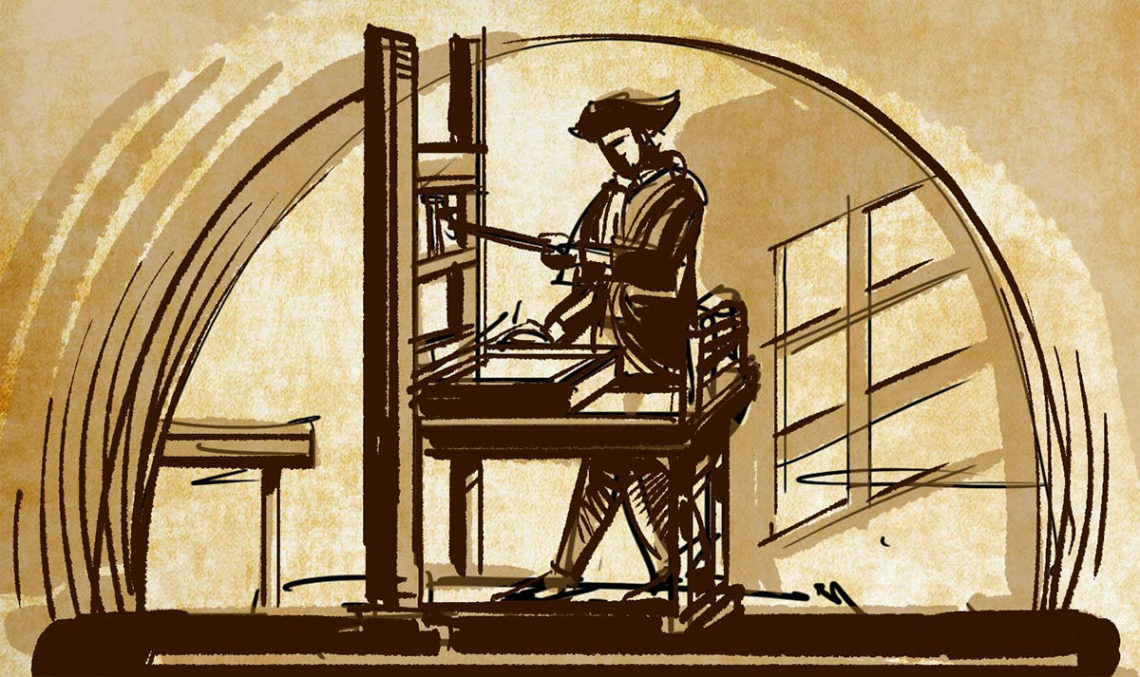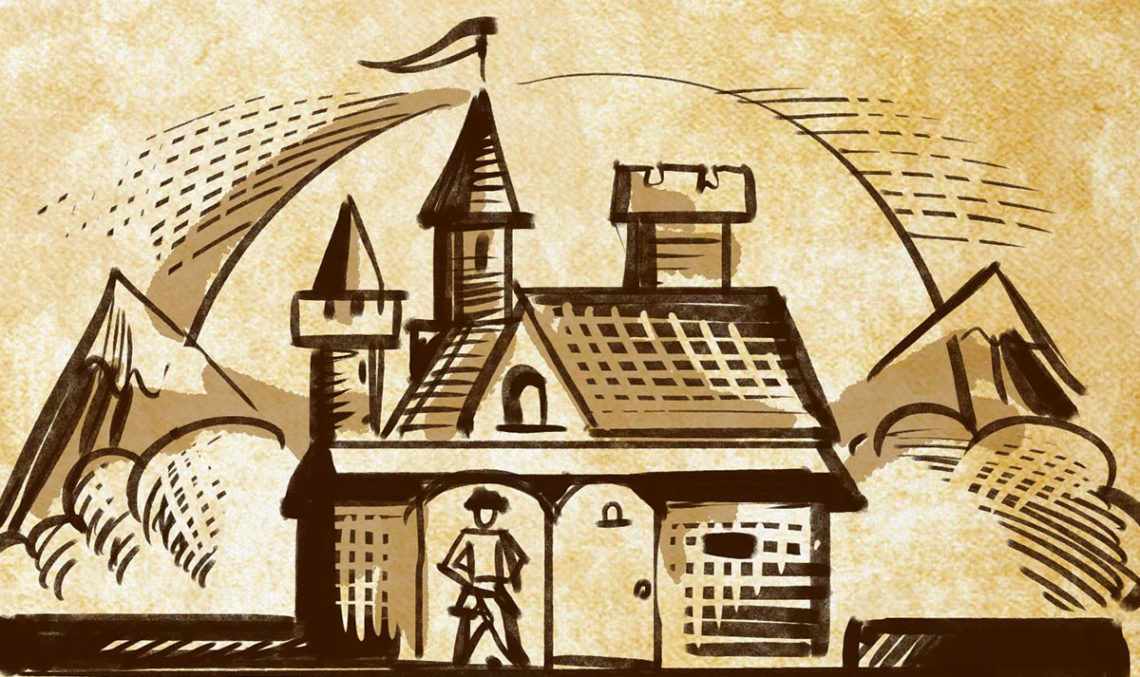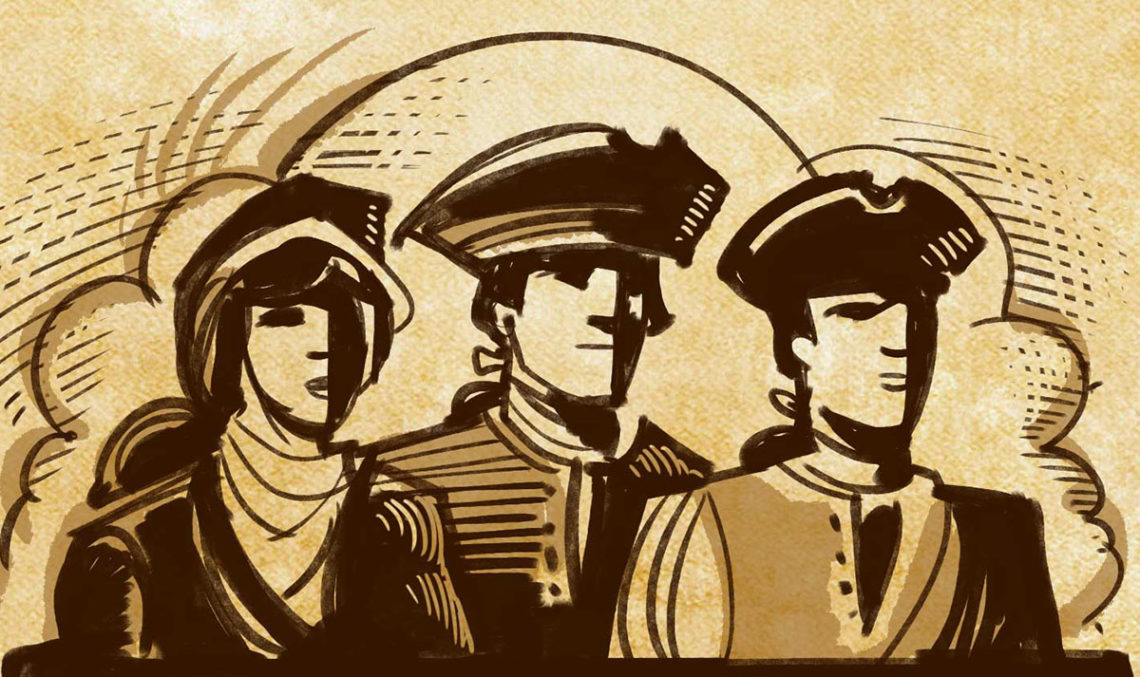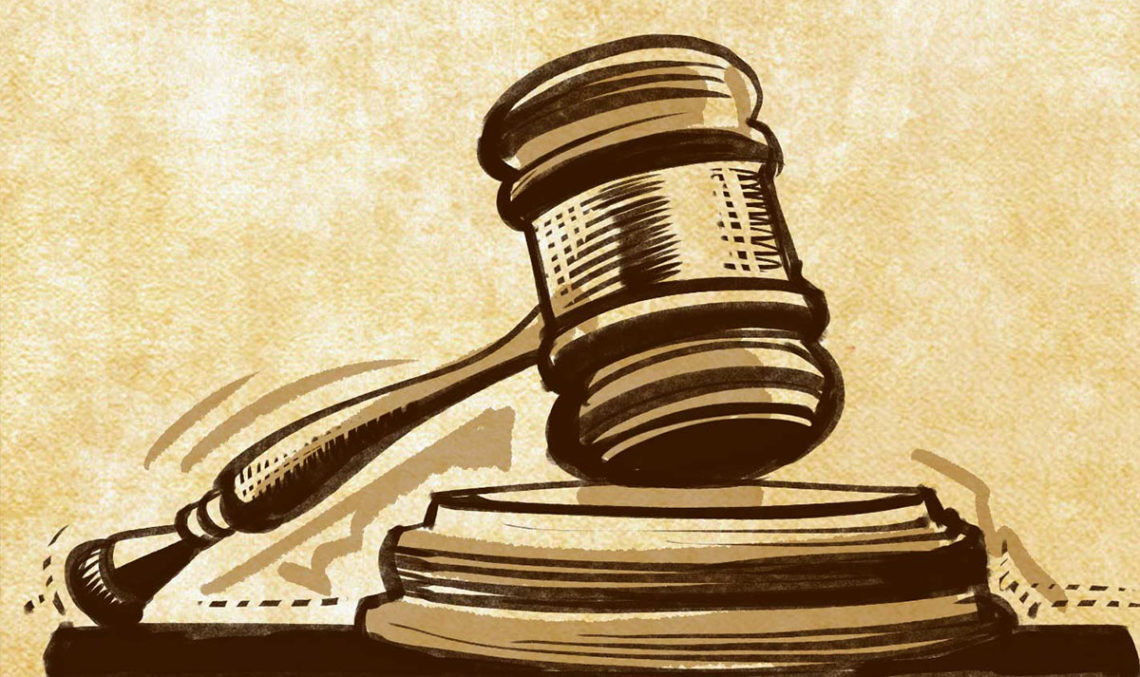On Jan. 13 1988 the U.S. Supreme Court announced a devastating blow to student speech and the student press when it approved the authority of the principal of Hazelwood East High School to remove controversial stories about teen pregnancy and divorce from the school newspaper.
The court’s decision in Hazelwood vs. Kuhlmeier was one of the most far-reaching decisions restricting free speech and has continued to restrict student speech into the 21st century.Continue Reading




